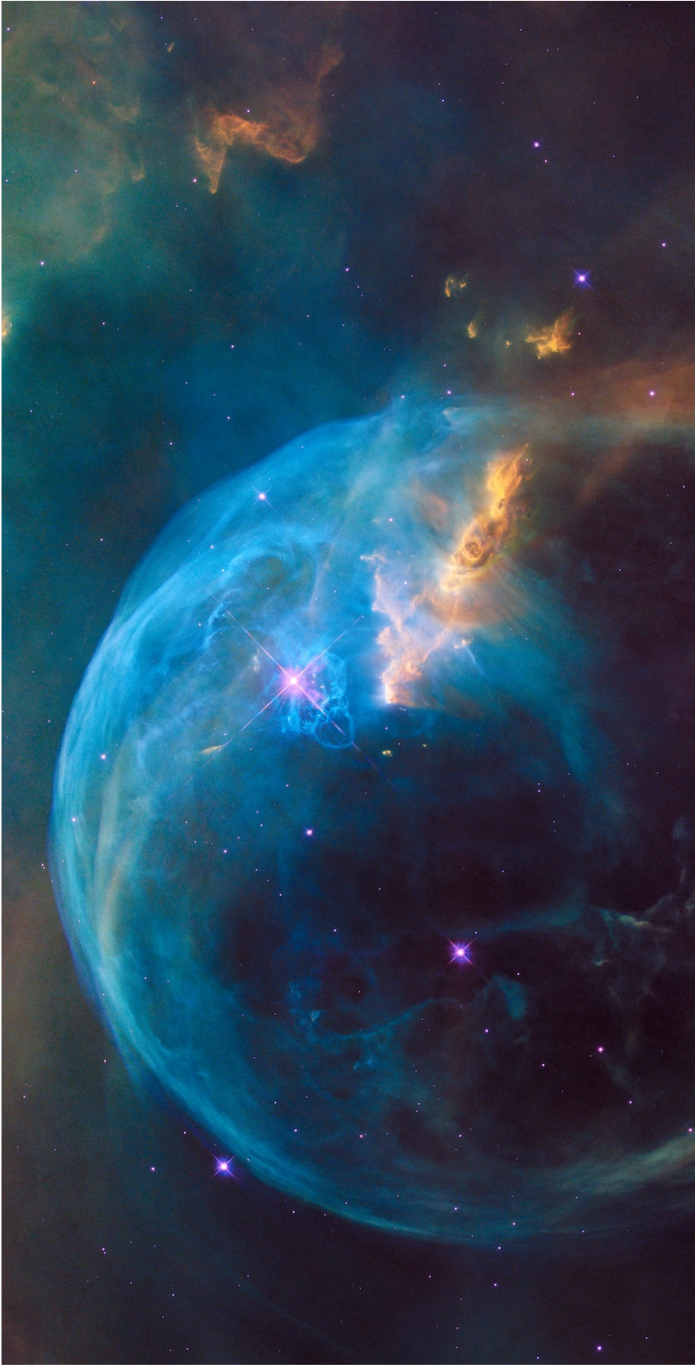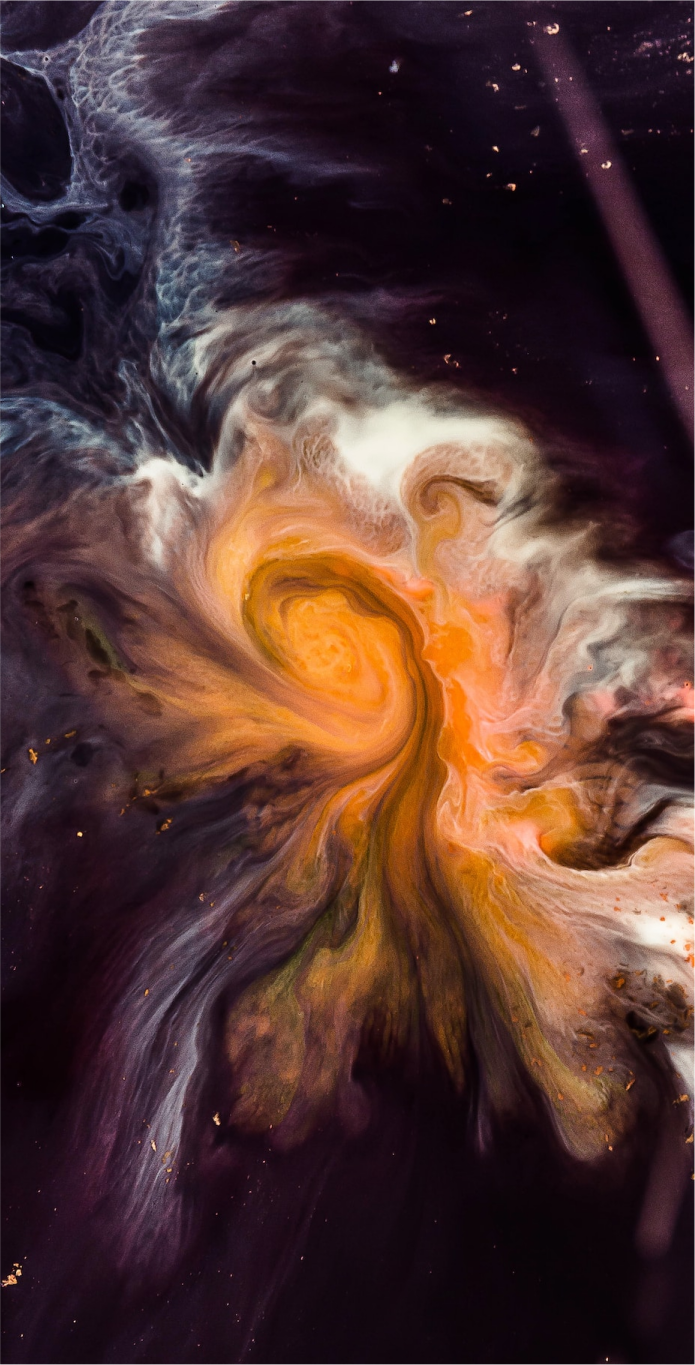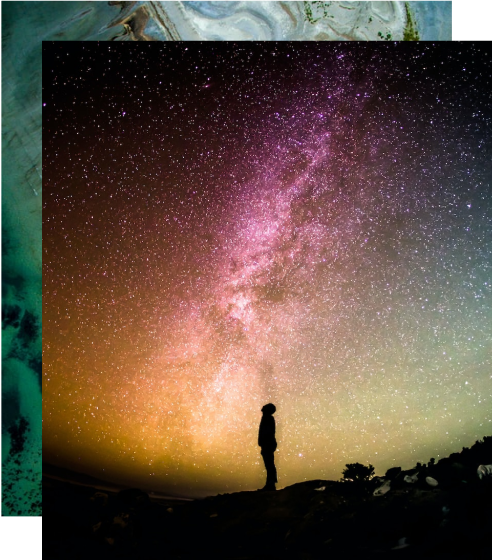aliveness



Imaginisma’s Invitation
The Threshold Space
“Curiosity is insubordination in its purest form.” – Vladimir Nabokov
This isn’t another self-help manual or spiritual platitude factory. This is a field guide for humans who’ve figured out that most of what we’ve been told about success, relationships, and meaning is sophisticated bullshit designed to keep us performing rather than living.
The Experiment Nobody Told You About
You know that feeling when you’re crushing it professionally, checking all the boxes society handed you, but something feels fundamentally off? Like you’re running an experiment where the hypothesis doesn’t make sense and the results don’t satisfy? That’s because you’re operating in what C.A. Hobbes calls “the threshold space”—the territory between who you were programmed to be and who you actually are.
Most people spend their lives in one of two camps: either completely unconscious of the experiment (following the protocol without question) or cynically aware of it but still trapped (seeing the flawed methodology but powerless to redesign). The threshold space is where you learn to become your own principal investigator with something more powerful than either blind compliance or nihilistic rebellion: curiosity.
Beyond Problem-Solution Thinking
Here’s the kicker: we’re no longer in a problem-solution era. We’re in what Hobbes calls a “dilemma-navigation era” where cause and effect can’t be traced by human intelligence. Translation: you can’t optimize your way to authenticity. All that strategic planning, life-hacking, and systematic improvement? It’s just more sophisticated ways of avoiding the real experiment.
The real experiment is learning to sit in the fire of not knowing what the outcome will be. It’s developing what Hobbes calls “purple wisdom”—the kind of insight that emerges through loss, through the willingness to let your hypotheses die. It’s the difference between collecting more data and techniques (conventional methodology) versus allowing yourself to be transformed by direct encounter with variables you can’t control (disruptive discovery).
The Laboratory as Sacred Space
Forget everything you think you know about learning. Hobbes presents the radical idea that authentic discovery happens in what he calls a “hat store”—a space where hypotheses aren’t judged as right or wrong but tested like equipment. Does this approach work for you? Does it generate useful data? Does it constrict your movement like poorly fitted gear?
This isn’t academic theory. This is survival strategy for navigating a world where the old experimental protocols no longer work. When you treat beliefs as temporary tools rather than permanent identities, you become capable of adaptation that looks like magic to people still trapped in their fixed methodologies.
The Four Research Proximities
Hobbes maps out four ways of investigating anything that matters:
Above: Reading the literature (intellectual distance)
Next to: Observing the phenomenon (empirical engagement)
Enveloped: Participating in the system (immersive investigation)
Within: Becoming the variable (identity experimentation)
Most humans get stuck at “next to”—we can study authenticity, vulnerability, and purpose, but we rarely risk the total immersion that actually generates breakthrough data. The threshold space is where you learn to move fluidly between all four proximities, using each as the investigation demands.
The Sacred Art of Experimental Failure
The subjects in Hobbes’ work—Grace, Harper, Ryan, Marcus, Elena—all share one thing: they’ve learned to fail experimentally. Not the sanitized version of “failing fast” but the raw, honest acknowledgment that discovering who you actually are requires scrapping who you thought you were supposed to become.
Take Marcus and Elena: two people who loved each other so completely they nearly destroyed themselves trying to run the experiment called “marriage.” Their breakthrough comes when they stop trying to prove they could be husband and wife and start investigating… what? They don’t know. That’s the experiment. They exist in the unmapped territory where genuine discovery can emerge.
Curiosity as Research Methodology
The methodology that drives all breakthrough in the threshold space is curiosity—not the casual “let’s see what happens if…” variety, but the kind that’s willing to let your entire research framework dissolve in the process of genuine inquiry.
Hobbes presents “The Curious Cat” protocol: 36 combinations of question words (who, what, where, when, why, how) with investigation methods (observe, play, hunt, manipulate, storytell, coddiwomple). This isn’t a learning tool—it’s a systematic method for dismantling your attachment to predetermined outcomes.
When you investigate something long enough with genuine curiosity, it ceases to be what it was. Including you.
The Protocol of Sacred Investigation
Drawing from Hawaiian surfing culture, Hobbes outlines a methodology for navigating uncharted territories:
- Respect the research environment: Honor those who’ve been investigating these waters longer
- Wave priority: The investigator most prepared gets first access to emerging opportunities
- No contaminating others’ experiments: Don’t interrupt someone else’s process
- Know your research limits: Don’t exceed your authentic capacity for investigation
This isn’t politeness—it’s wisdom about how to engage with forces larger than your individual experiment without corrupting the data.
The Beautiful Disaster Hypothesis
Perhaps the most radical proposition: what if the point isn’t to optimize yourself or perfect your methodology, but to become skilled at investigating the beautiful disaster of being human? What if the chaos isn’t experimental error but the actual phenomenon worth studying?
The threshold space doesn’t promise you’ll become a better person. It offers something more dangerous: the possibility of becoming an authentic researcher of your own existence. And authentic investigators, as any honest scientist will tell you, generate simultaneously more useful and more unpredictable results than their performed counterparts.
The Research Invitation
This isn’t about adding more practices to your routine or adopting new theoretical frameworks. It’s about developing the capacity to hold multiple working hypotheses simultaneously, to investigate uncertainty without losing your methodological center, to engage deeply without becoming attached to specific outcomes.
The threshold space is where humans learn to inhabit their full humanity not through prescribed protocols or established procedures, but through the daily practice of showing up to investigate what is without the safety net of knowing what the data will reveal.
It’s messy. It’s uncertain. It’s alive.
And it’s the only experiment worth running.
“Hidden doorways reveal themselves in what we thought were impenetrable walls—not territories to be claimed, but forgotten truths excavated when we finally abandon the delusion that wonder must be justified.“
— Anon
Subscribe
Subscribe and receive musings on emergence and imagination plus updates on program offerings and events.

